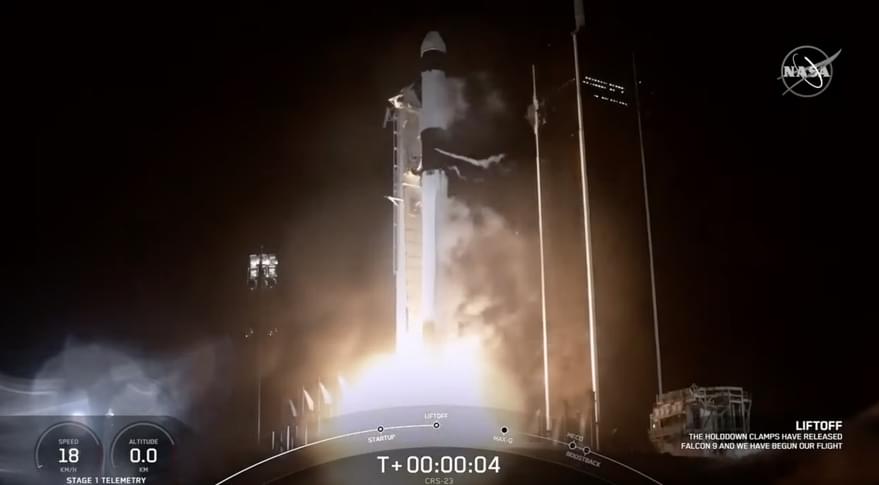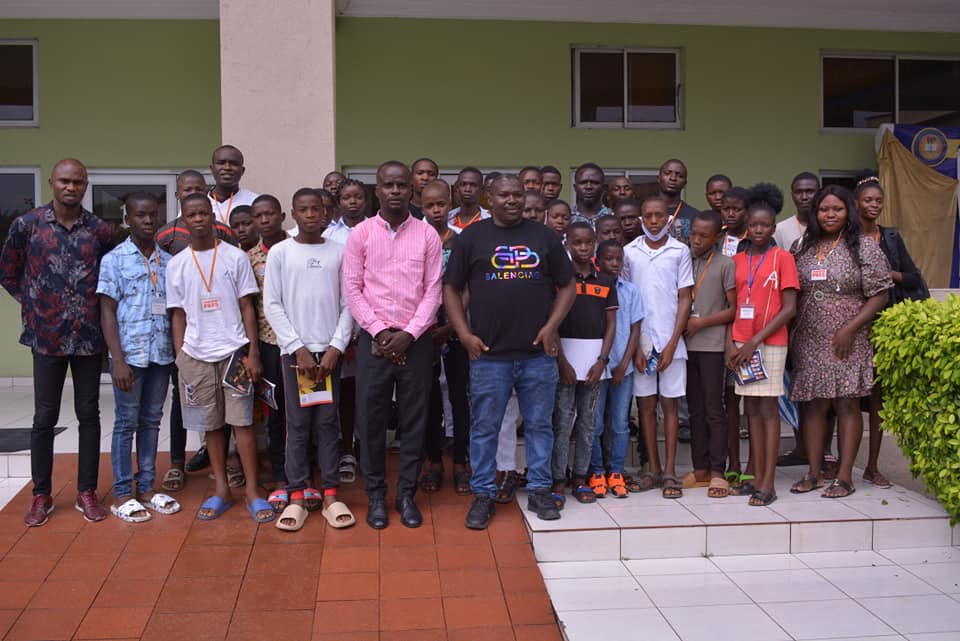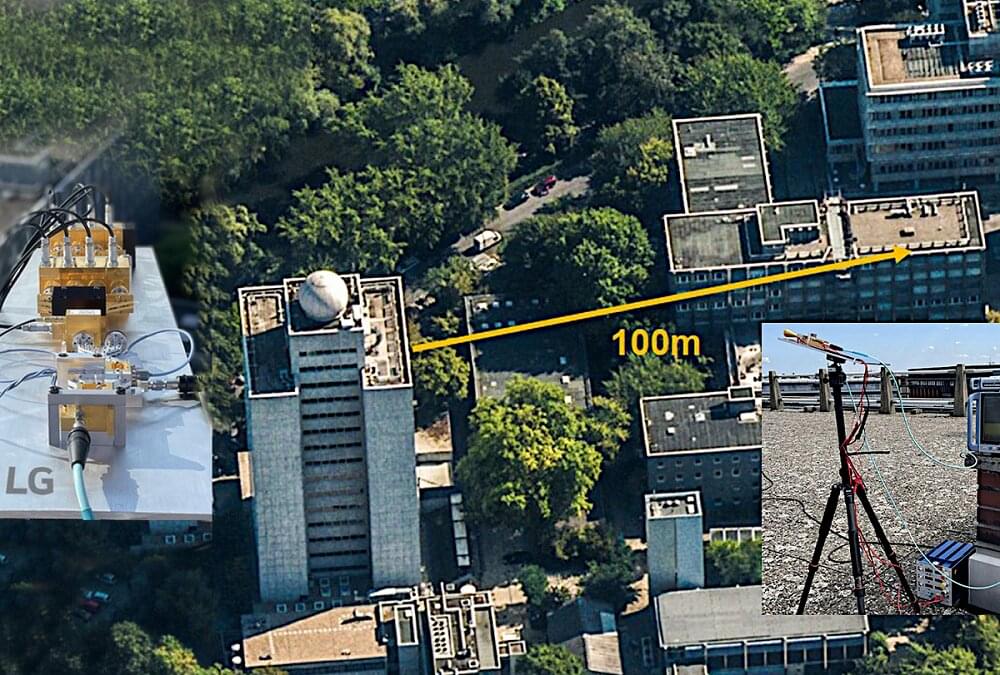Video on Neom, the future city.
Earn money for charity just by browsing the internet when you sign up for Tab For A Cause here: https://tab.gladly.io/joescott.
NEOM is Saudi Arabia’s tentpole project in their Vision2030initiative to help move the Kingdom away from an oil-based economy and rely more on technology and tourism. It has some ambitious goals, like being 100% sustainable, moving all transport underground, and even glowing beaches. But the most noticeable thing about the project is the fact that the city will lie on a 100-mile line serviced by a hyperloop-style high speed train system.
But is it all it’s cracked up to be? Let’s take a look.
Here’s the link to NEOM’s official site: https://www.neom.com/en-us.
Want to support the channel? Here’s how:







